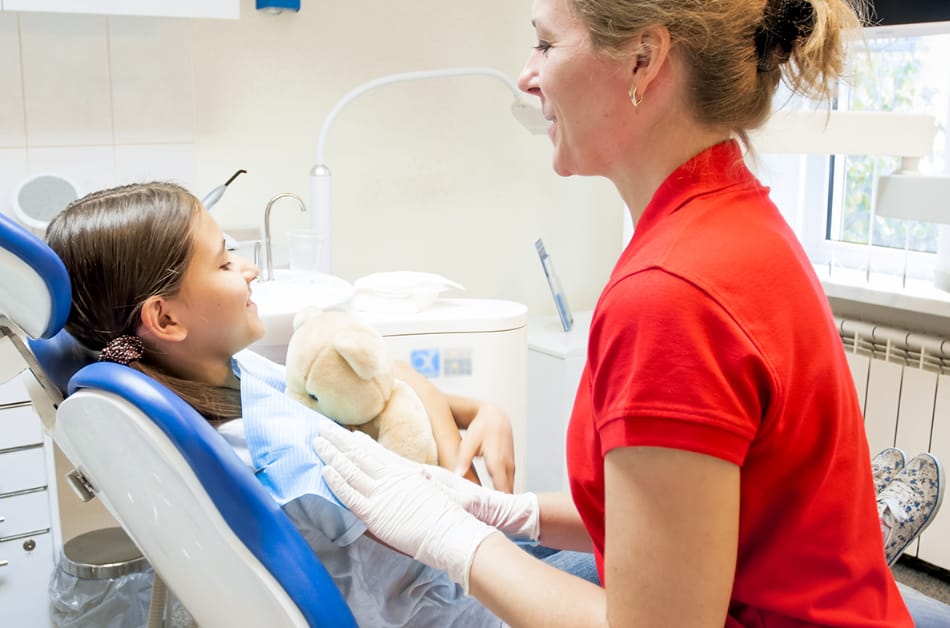Experiencing a dental emergency can be both frightening and painful. Whether it’s the result of an accident or an untreated oral health issue, knowing what to do in these situations can make a significant difference in the outcome. In this blog post, we’ll guide you through the steps to take when you need dental services in an emergency.
Recognize the Signs of a Dental Emergency
Before we delve into the steps to take during a dental emergency, it’s essential to understand what constitutes one. Some common signs include severe toothache, broken or knocked-out teeth, lost dental fillings or crowns, bleeding or swelling in your mouth, and infections or abscesses that cause severe pain or swelling.
If you experience any of these symptoms, it’s time to seek immediate professional help. Remember, delaying treatment could lead to more serious complications.
Immediate Steps to Take in a Dental Crisis
Knocked-Out Tooth
If your tooth gets knocked out, it’s crucial to keep it moist. Try placing it back in its socket without touching the root. If that’s not possible, put it between your cheek and gums, in milk, or use a tooth preservation product approved by the American Dental Association.
Cracked Tooth
Rinse your mouth immediately with warm water if you crack a tooth. Use a cold compress on your face to keep any swelling down.
Tissue Injury
For any injury in the mouth, such as puncture wounds, tears, or lacerations to the lips, cheeks, mouth, and tongue, clean the area immediately with warm water. Head straight to the emergency room if the bleeding is severe.
Reach Out for Professional Help
Once you’ve taken initial self-care steps, the next move is to reach out for professional help. Your best dentist should be your first point of call. Many dental practices have provisions for dental emergencies. If you can’t reach your dentist, head to an emergency room.
The Role of Emergency Dental Clinics
Emergency dental clinics specialize in providing immediate care and are equipped to handle all types of oral health emergencies. They often operate outside regular office hours, making them a valuable resource in a crisis.
In conclusion, recognizing the signs of a dental emergency and knowing what to do can save a tooth and prevent further complications. Whether it’s a knocked-out tooth or a severe toothache, it’s crucial to seek professional help immediately. Dental services in an emergency play a vital role in providing immediate care and should be considered when you’re unable to reach your usual dentist.

